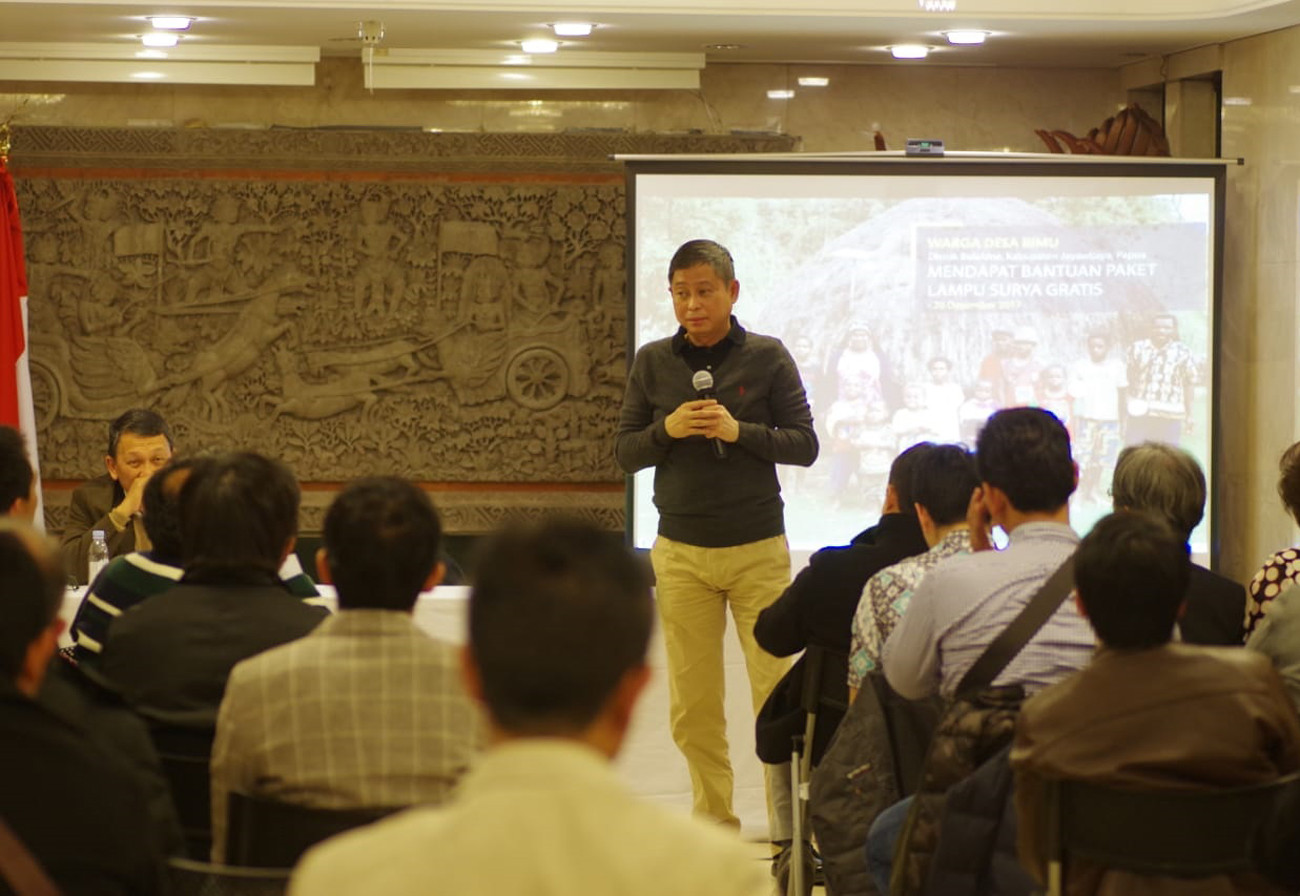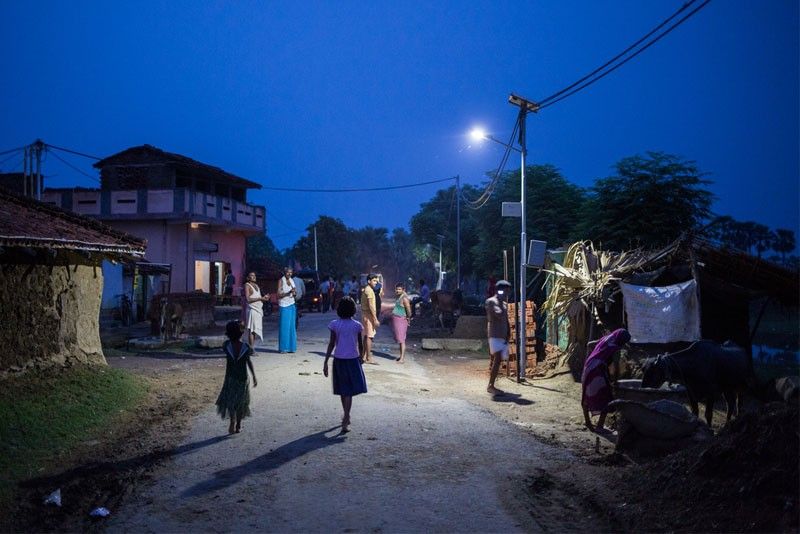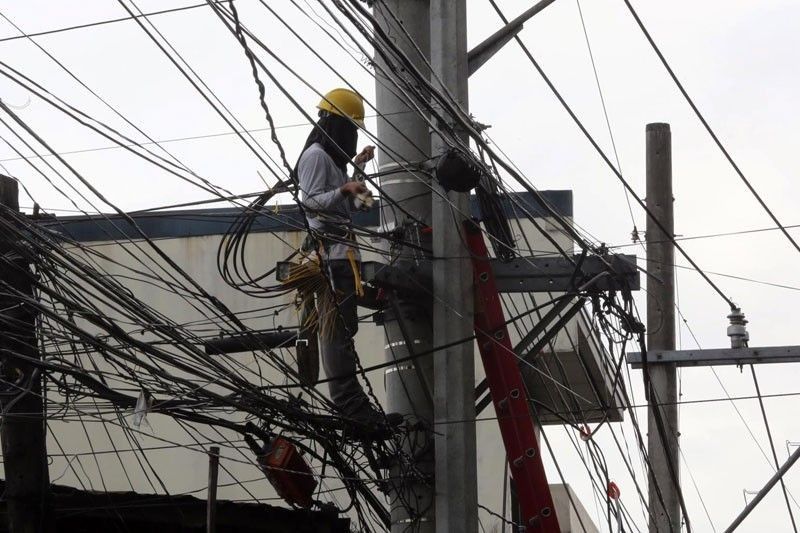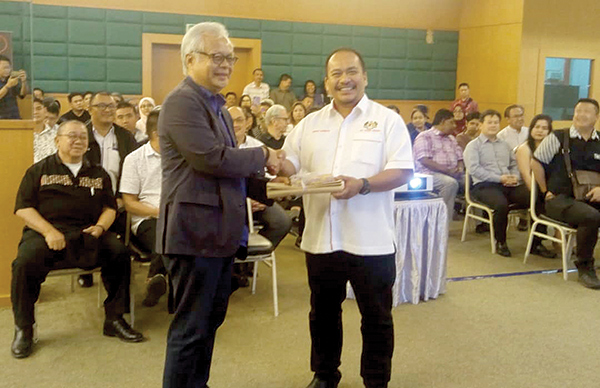State energy holding company Pertamina hopes that its recent deal with Malaysia’s state-owned oil giant Petronas will help its businesses expand more efficiently in the long run amid fluctuations in the global oil price.
The deal, signed in Kuala Lumpur, Malaysia, in late February, would be an umbrella agreement for future business cooperation between both companies in terms of operational activities and other strategic measures, said Heru Setiawan who is Pertamina’s director of investment planning and risk management.
As a follow-up to a previous government-to-government agreement, the deal also enables the two parties to join hands in working on their overseas portfolios, or oil and gas fields outside of their respective countries.
Heru said there could be possible collaboration at the upstream, midstream and downstream sides, such as research and development, joint exploration activities, technology implementation in oil and gas blocks as well as the trade of products and the sharing of knowledge with regards to renewable energy.
As for collaboration in overseas field, Heru said, one example would be cooperation in oil refining in East Asia.
For the initial stage, the agreement already covered a crude swap mechanism, in which Pertamina’s oil production in Malaysia’s oilfields of Kikeh, Kimanis and Kidurong was exchanged with the one produced by Petronas in Indonesia’s Jabung and Ketapang fields.
“We are seeking countries that have an excess [refining] capacity as we know that the international Brent [crude price] is decreasing. Therefore, we can utilize the [excess] capacity,” Heru said.
“In a nutshell, what we agreed upon with Petronas is whether we can use its refineries to process crude from [Pertamina’s production in] Malaysia. It can also be done for our crude [produced] in other countries.”
Pertamina Internasional EP (PIEP), which is Pertamina’s arm that is responsible for managing its overseas assets, handles fields in 12 countries, namely Iraq, Algeria, Malaysia, Canada, Colombia, France, Gabon, Italy, Myanmar, Namibia, Nigeria and Tanzania.
In Malaysia, PIEP owns shares in eight blocks, three of which are production blocks with each stake not higher than 25.5 percent. The Kikeh field is among the eight blocks, located at the offshore Block K near Sabah.
Heru added that beside the crude processing deal, Pertamina also discussed further cooperation with Petronas in oil and gas exploration activities in the Middle East and Africa, considering the fact that both companies own assets in those regions.
“In the upstream [sector], like our asset in Gabon, for example, Petronas also owns assets there. So, we can cooperate in our business operation, such as joint cargo or operations; we can share the infrastructures together,” he said.
Pertamina upstream director Dharmawan Samsu said the company was also looking at increasing its stake in Malaysia’s oil and gas fields, including the Kikeh field.
“We have a share [in Kikeh] of around 25 percent and there’s possibility for us to farm-in, but we are still in early discussions about the concept,” he said.
Dharmawan, a former country head of British oil giant BP, said striking a long-term deal with Petronas was an effort to make Pertamina a global energy player.
The statements from both Pertamina’s executives came against the backdrop of the company’s dwindling profitability, which is arguably due to the government’s order to not increase fuel prices, according to experts.
Pertamina finance director Pahala Mansury said the company had booked at least Rp 5 trillion (US$348.7 million) in profit last year, which was a far cry from the Rp 20 trillion it was able to post several years earlier.
He declined to confirm when reporters asked him whether the amount could be lower than Rp 10 trillion.
“I couldn’t say [whether it was lower than Rp 10 trillion]. We’ll have to wait for the final audit from the Supreme Audit Agency [BPK] and hopefully it [the result] can by published by the end of March,” he said.
Separately, Toto Pranoto, the managing director of the University of Indonesia’s Management Institute, told The Jakarta Post that the government should improve the cost structure of state-owned enterprises, especially high-leveraged companies like Pertamina.
“[The government] needs to strive for a better cost structure, especially for firms with a high leverage. […] By doing so, it will help [the companies’ finances] when their revenue growth isn’t doing well,” he said.










